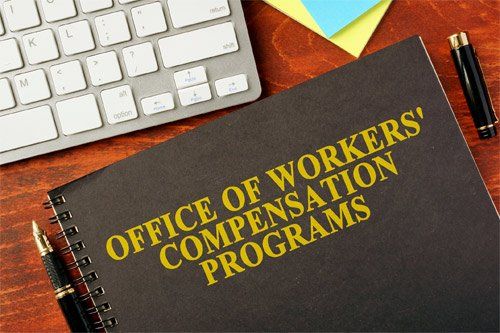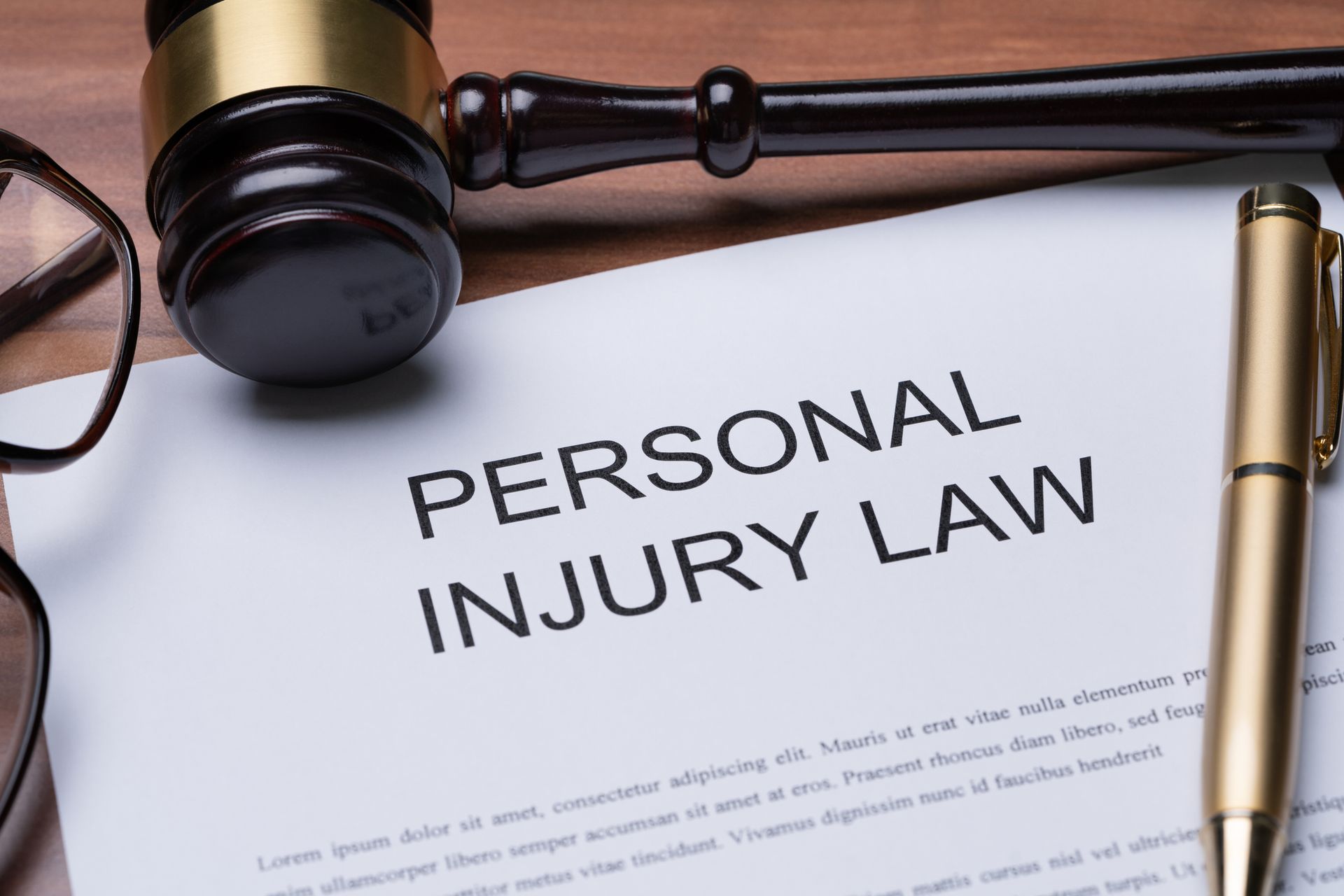A Pre-Existing Condition Doesn't Invalidate a Claim
Workers compensation insurance is intended to cover injuries either caused or worsened
by your job. If you have a bad back and this condition becomes worse over the course of your work, then workers compensation insurance should cover your claim.
Further, workers compensation isn't intended to make a determination on fault. Unless you're directly negligent regarding your injury, your injuries should still be covered. Workers compensation will cover injuries that occurred due to your own mistakes and accidents
, in addition to issues of workplace safety.
Unrelated Pre-Existing Conditions May Not Impact Each Other
If your pre-existing condition does not directly relate to the injury you're claiming, it should have no impact on your claim. An example of this is if you have a back injury but you end up twisting your knee. Since these injuries aren't in the same area, you should still be able to get full coverage for the latter issue.
This is generally true even if the first injury contributed to the second, such as twisting your knee because
your back gave out. This is because workers compensation, as noted above, generally doesn't concern itself with the how or why
of the injury. At the same time, subsequent legal claims could
involve this context, if workers compensation doesn't cover the full amount.
Your Workers Compensation Claim May Be Reduced
If your injury is directly related to a pre-existing condition, then your workers compensation claim will likely be reduced. An example of this is if you have a prior knee injury and then you twist your knee. If it would have already been expected that you would be paying $10,000 for physical therapy and you'll now be paying $20,000, the difference will likely be split.
Understandably, it can be difficult to determine exactly how much your injury is going to cost you when there's a pre-existing condition at hand. You'll need to have thorough documentation on your side regarding your prior injures. This is also why you should have medical documentation spanning back to the beginning of your original injuries.
You can appeal the amount of coverage granted, but to do so you would need to show how much compensation you expect to need.
Proving Whether a Condition Is Related or Unrelated
Finally, you may have a hard time proving whether a pre-existing condition is related or unrelated to an injury. An example might be if you get lung cancer while being a smoker; was it carcinogens introduced by work that caused your injury, or the smoke?
It can also be argued that pre-existing conditions existed even if you feel that they don't have any merit, such as arguing that you already had a back injury before you sustained one at work. This often happens if there is a delay in reporting an injury. This situation may require an investigation and appeals process and should generally involve a lawyer.
Regardless of whether your pre-existing condition is related or unrelated to your claim, it may be complex to prove. You will need to start documenting your injuries as soon as possible, in order to accurately reflect the compensation you need.
To get started with your workers compensation claim, contact The Law Offices of James B. Gillespie, Jr., PLLC
today.






